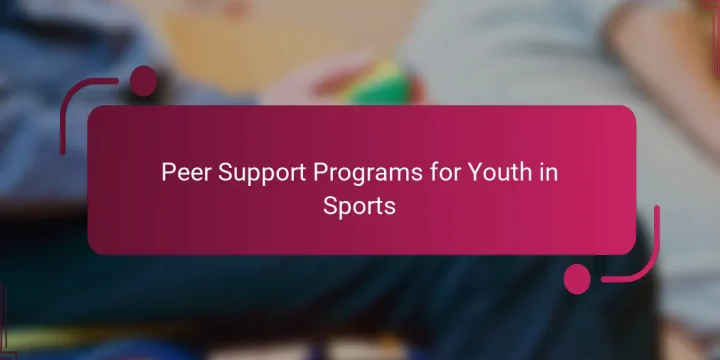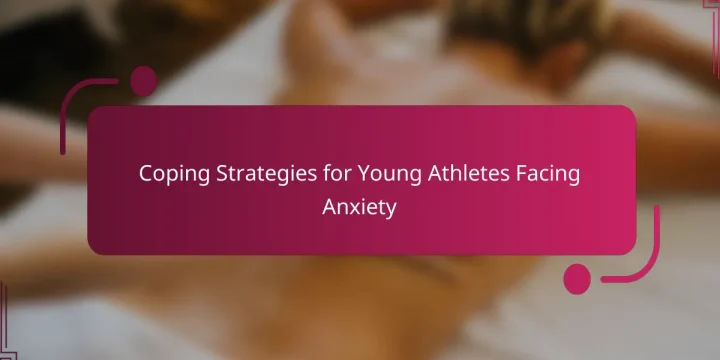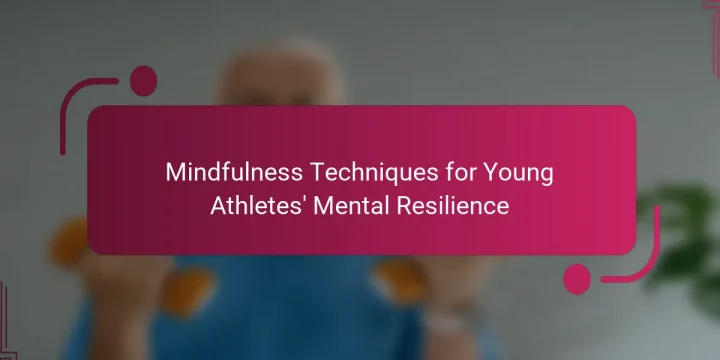
Supporting youth mental well-being is crucial for their development and resilience. Coaching approaches emphasize empowerment, emotional intelligence, and adaptability. Techniques include strengths-based and solution-focused coaching, as well as cognitive-behavioral and mindfulness methods. Understanding regional factors and implementing best practices further enhances the effectiveness of these coaching strategies. What are the core coaching approaches for youth mental well-being? Coaching approaches for youth mental well-being focus on empowerment, resilience, and emotional intelligence. These methods include strengths-based coaching, which emphasizes individual talents, and solution-focused coaching, concentrating on achievable goals. Cognitive-behavioral coaching helps youth reframe negative thoughts, while mindfulness coaching promotes self-awareness and stress reduction. Each approach cultivates essential life skills, enhancing mental well-being and fostering a supportive environment for growth. How do cognitive-behavioral techniques support youth? Cognitive-behavioral techniques support youth by enhancing coping…




